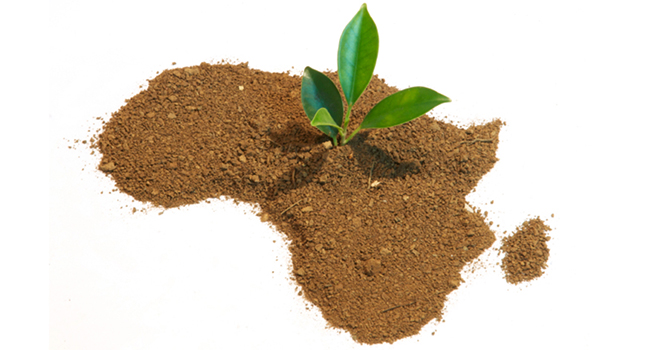Bill & Melinda Gates Foundation which is said to be the largest private foundation in the United States is supporting an innovation competition seeking solutions to improve vaccine delivery and the treatment for malaria in Africa.
Dubbed the Seedstars vaccine delivery challenge and Seedstars malaria challenge, the two races have been organized to motivate innovators across the globe to come up with solutions that leverage technology to deal with the aforementioned challenges.
The 2018 World Malaria Report estimates that 93% of malaria-related deaths worldwide occurred in Africa and over 200 million cases per year.
Seedstars, which has teamed up with the Bill & Melinda Gates Foundation for this powerful competition, is a Swiss organization that assists tech startups in emerging markets.
According to officials, the two winners – one from Seedstars vaccine delivery challenge and the other from Seedstars malaria challenge will each be given US$10,000.
This will be at the at the Seedstars Global Summit in Switzerland due April next year.
The Seedstars vaccine delivery challenge is looking for innovative solutions for providing convenience to and practical knowledge about vaccines and vaccination services to caregivers, which may include:
– “Familiarising caregivers with information on where and when routine and/or campaign services are provided,
– Educating caregivers about how many times a child should be vaccinated and the importance of timely vaccination,
– Addressing common concerns (multiple injections, post-vaccination discomfort) that may result in missed opportunities for vaccination,
– Empowering caregivers to ask for full vaccination services,
– Behavioural “nudges” for seeking vaccination services and translating intention into action.”
To be eligible for the Seedstars vaccine delivery challenge, below are the qualifications:
– “Existing startups/young companies (<4 years) in the vaccination space in the African startup community,
– Existing startups/young companies (<4 years) that can pivot their current solution to the vaccine service delivery space,
– The Startup must have a demonstrable product or service (Minimum Viable Product, MVP),
– The Startup needs to be scalable or have the potential to reach scalability in low resource areas.”
The Seedstars malaria challenge is looking for projects that:
– “Can help track quality malaria commodities all the way to the patient,
– Can help detect sub-standard or counterfeit malaria medication/drugs,
– Can improve internal data and information flows of remote healthcare facilities,
– Can monitor commodities across informal channels,
– Can be replicated in the hardest and most remote places.”
To be eligible, the venture should have been:
– “Existing startups/young companies (<4 years) in the commodities supply chain space in the African startup community,
– Existing startups/young companies (<4 years) that can pivot their current solution to the malaria supply chain space, being able to reach the last mile,
– The Startup must have a demonstrable product or service (Minimum Viable Product, MVP),
– The Startup needs to be scalable or have the potential to reach scalability in low resource areas.
Applications for both close on 20 February 2019.
Related:
Opinion: Artificial intelligence is revolutionising agriculture
8 unbreakable years of building tech hubs in Uganda: Founders talk future plans

